Lately, TikTok has been feeling different for African Content Creators. Videos aren’t reaching as many people, support is slow, and making money from content seems harder than ever. TikTok is facing major internal challenges, from employee burnout to shifts in its algorithm and content policies.
For African creators, this could mean lower engagement, fewer monetization opportunities, and an overall harder time standing out. So, what’s going on behind the scenes, and exactly how does it affect you?
Let’s break it down.
TikTok Staff Are Burnt Out—And It’s Affecting Creators
Every time you laugh at a funny video, listen to trending sounds and follow viral posts, remember that employees are working behind the scenes; reviewing content, handling customer support, and making sure the platform runs smoothly. However, reports suggest that many of these employees are exhausted, overworked, and even leaving their jobs due to stress.
According to a Business Insider report, unrealistic performance targets and pressure to keep the app running at high speed is what’s taking it’s toll. Some have even taken mental health leave due to the intense workload.
Why Is This Happening?
TikTok has grown extremely fast, with over 1 billion active users worldwide. Keeping up with this demand requires a huge actively workforce. The best thing to do would be to make the most of the people available.
How exactly does this affect African content creators?
- Delays in content reviews – If your video gets flagged for violating guidelines, it may take longer to be reviewed and restored.
- More mistakes with content bans – Overworked moderators are more likely to wrongly remove videos or fail to catch violations, meaning some creators are unfairly punished.
- Slow customer support – If you reach out for help with a TikTok issue, responses may take longer due to fewer available staff.
This is part of a broader trend of social media influencer burnout, where both platform employees and creators struggle with the fast-paced nature of digital content.
TikTok’s Algorithm Is Changing
If you’ve noticed that your TikTok videos aren’t getting as many views, it’s not just you—TikTok’s algorithm changes are making it harder for creators to reach their audience.
The platform is shifting towards search-friendly content, meaning videos that answer common questions or provide educational value are more likely to be recommended. This is similar to how YouTube favors content that people actively search for. (Epidemic Sound)
What exactly is going on?
TikTok is facing regulatory pressure in multiple countries over the type of content it promotes. By pushing search-based and informative videos, TikTok is trying to improve its reputation and reduce criticism about promoting mindless trends.
At the same time, TikTok wants to compete with Google and YouTube by becoming a search-friendly platform where people go to find answers.
How This Affects African Creators:
Trending content alone won’t work anymore – Videos that only follow viral trends might not perform well unless they provide real value.
- SEO (search engine optimization) matters – Using the right keywords in your video captions, hashtags, and even in the video itself can help your content show up in searches.
- Higher competition for engagement – Since TikTok is prioritizing high-retention videos, creators must work harder to keep viewers watching.
These TikTok policy changes in 2025 mean that African influencers must adapt to new TikTok engagement strategies to stay relevant.
Making Money on TikTok Is Getting Harder
If you’re an African influencer on TikTok trying to make money, you might have already noticed that monetization challenges are increasing.
Unlike creators in the U.S. and Europe, most African creators cannot access TikTok’s Creator Fund or ad revenue programs. (Business Elites Africa)
Why Is This Happening?
TikTok’s monetization options, like the Creator Fund and TikTok Shop, are not available in most African countries. This is mainly because TikTok does not have full support for African payment systems like M-Pesa, Flutterwave, and Paystack.
Additionally, TikTok’s ad revenue-sharing model is based on high advertising spending in a region. Since many brands still focus their ad budgets on Western audiences, African creators earn less from ad-based monetization.
💰 Challenges Content Creators in Africa Face:
- Limited access to TikTok’s monetization programs – The Creator Fund is only available in a few select countries.
- No direct payout options for African payment systems – Many creators struggle to withdraw their earnings.
- African content isn’t always promoted globally – This limits the ability to attract high-paying brand deals.
For those in digital marketing for African creators, this means finding alternative revenue streams outside of TikTok’s built-in monetization tools.
So, What Can You Do?
If TikTok is becoming less reliable for engagement and monetization, it’s time to diversify your strategy. Here’s how:
✔️ Post on multiple platforms – Don’t rely only on TikTok. Use Instagram Reels, YouTube Shorts, and Twitter Spaces to reach different audiences.
✔️ Focus on audience retention – Since TikTok prioritizes videos that keep people watching, try storytelling techniques, behind-the-scenes content, and interactive videos to hold engagement.
✔️ Find alternative monetization strategies – Since TikTok doesn’t fully support African creators financially, consider hot opportunities, brand deals, affiliate marketing, selling digital products, or offering online classes.
These strategies will help African influencers stay ahead of social media trends in Africa and succeed in the creator economy in Africa.
Final Thoughts
Between TikTok algorithm changes, social media influencer burnout, and content monetization challenges, African creators are facing a new set of obstacles. But by staying informed, adapting to new TikTok engagement strategies, and exploring other platforms, creators can still build a successful brand.
What do you think about these changes? Have you noticed a difference in your TikTok engagement? Let’s talk in the comments! 🚀

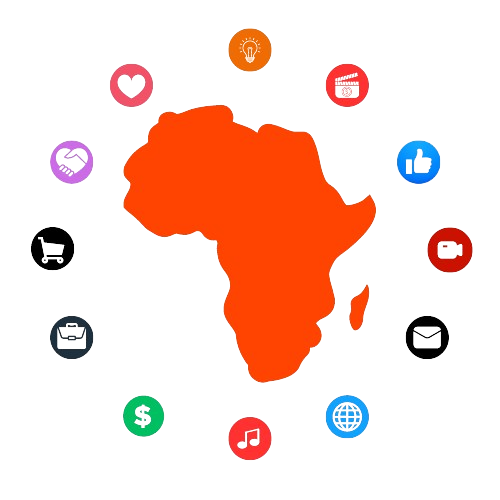
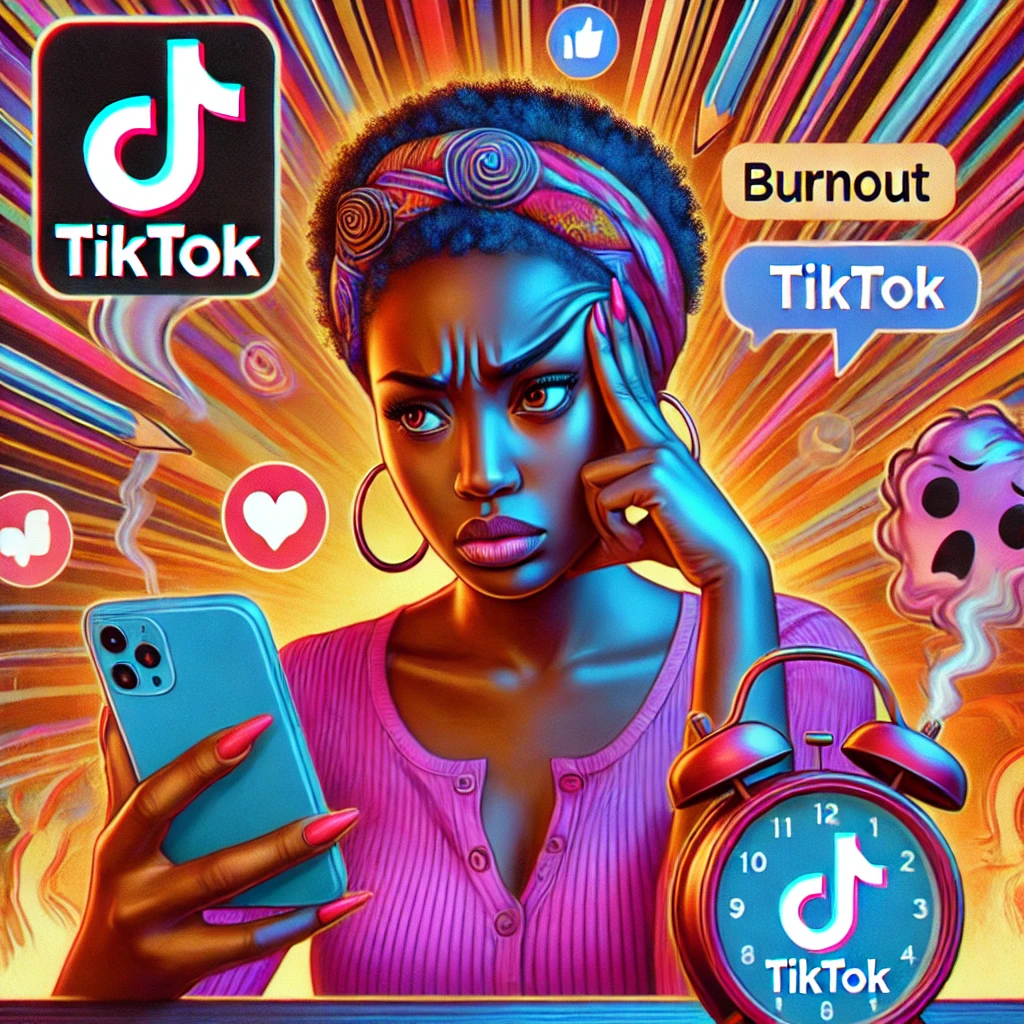
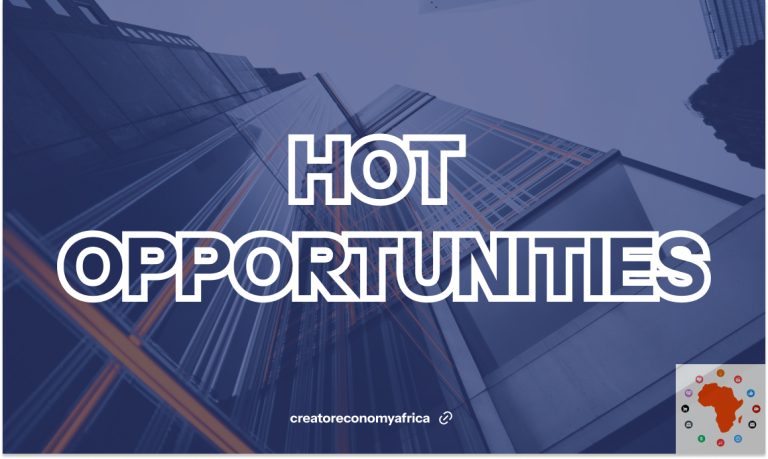
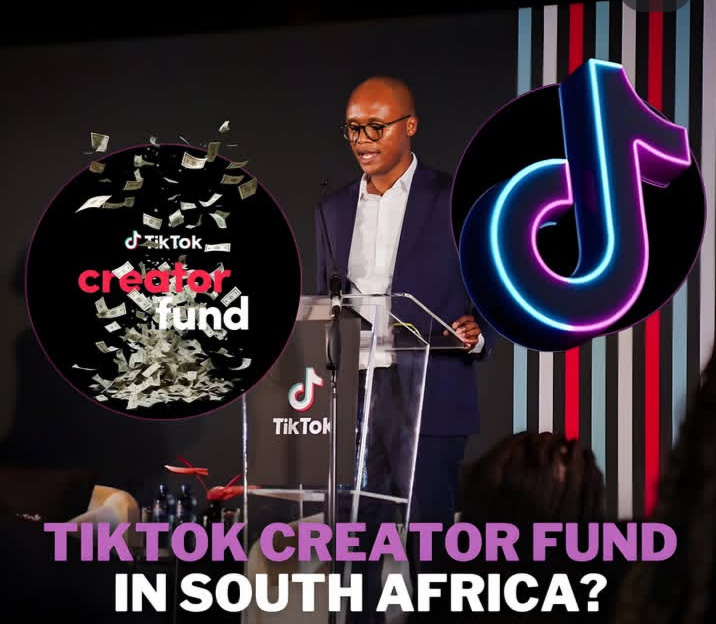
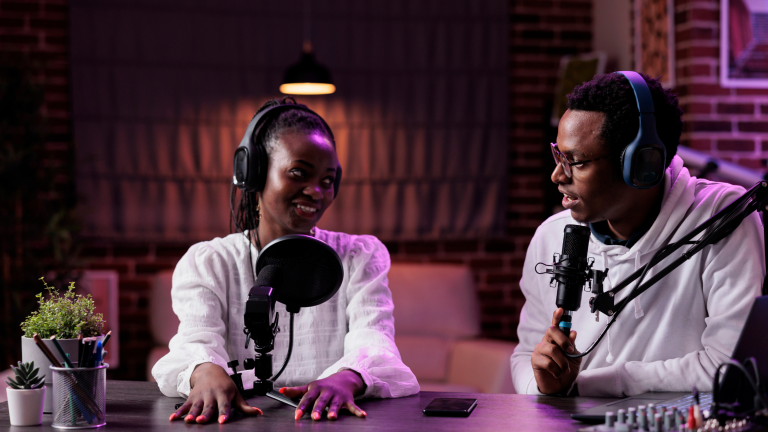
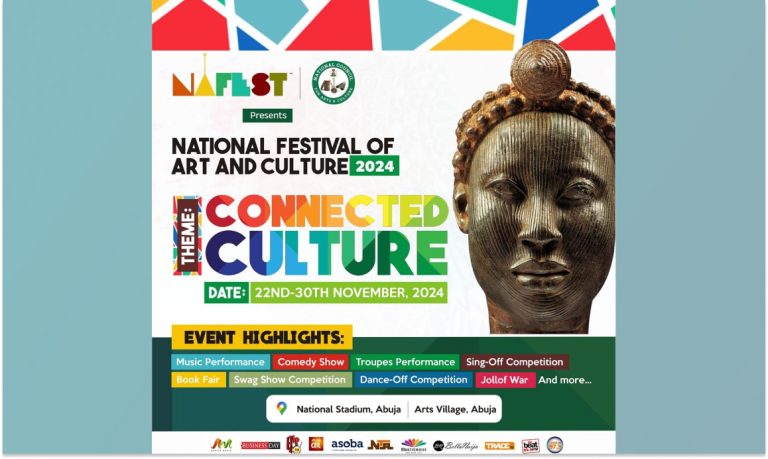
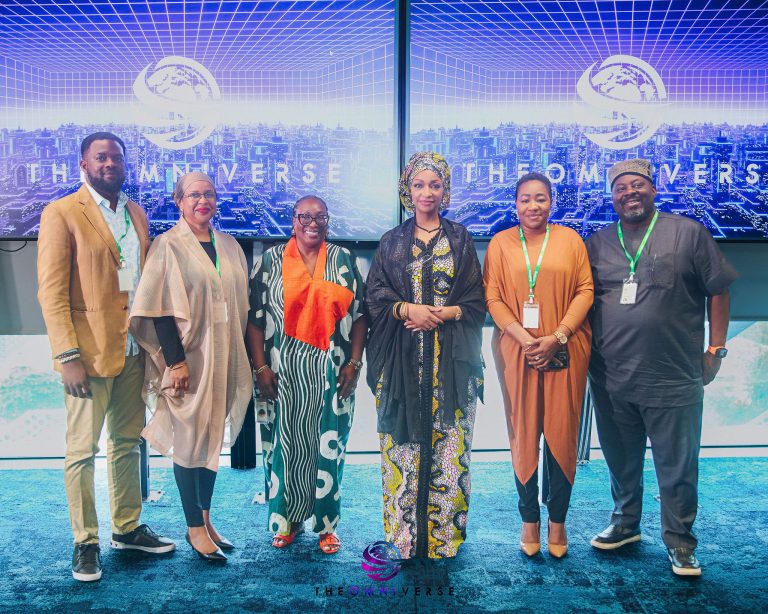
Leave a Comment